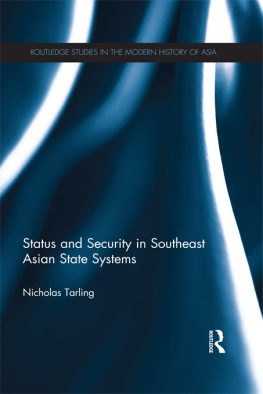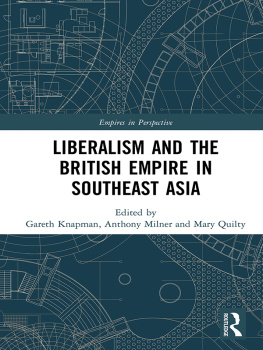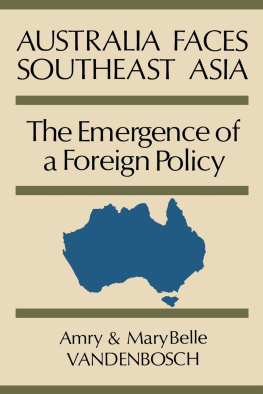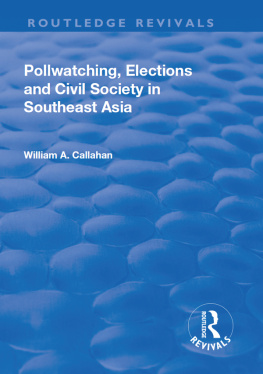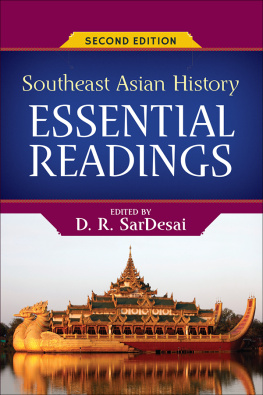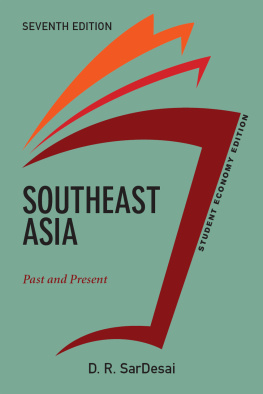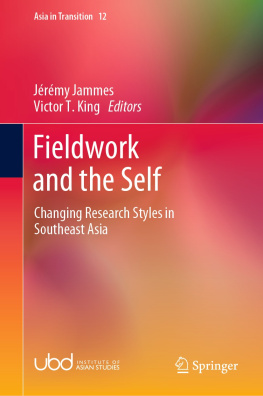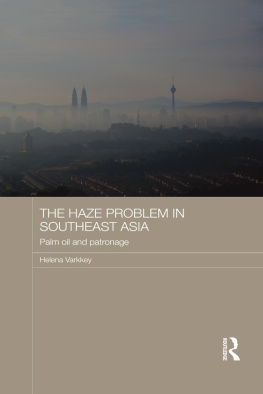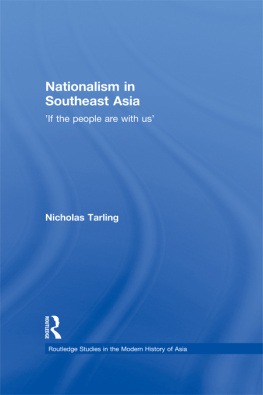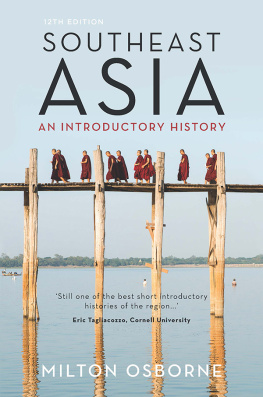Arnold P. Kaminsky - Nationalism and Imperialism in South and Southeast Asia: Essays Presented to Damodar R.SarDesai
Here you can read online Arnold P. Kaminsky - Nationalism and Imperialism in South and Southeast Asia: Essays Presented to Damodar R.SarDesai full text of the book (entire story) in english for free. Download pdf and epub, get meaning, cover and reviews about this ebook. year: 2016, publisher: Routledge, genre: Politics. Description of the work, (preface) as well as reviews are available. Best literature library LitArk.com created for fans of good reading and offers a wide selection of genres:
Romance novel
Science fiction
Adventure
Detective
Science
History
Home and family
Prose
Art
Politics
Computer
Non-fiction
Religion
Business
Children
Humor
Choose a favorite category and find really read worthwhile books. Enjoy immersion in the world of imagination, feel the emotions of the characters or learn something new for yourself, make an fascinating discovery.

- Book:Nationalism and Imperialism in South and Southeast Asia: Essays Presented to Damodar R.SarDesai
- Author:
- Publisher:Routledge
- Genre:
- Year:2016
- Rating:3 / 5
- Favourites:Add to favourites
- Your mark:
Nationalism and Imperialism in South and Southeast Asia: Essays Presented to Damodar R.SarDesai: summary, description and annotation
We offer to read an annotation, description, summary or preface (depends on what the author of the book "Nationalism and Imperialism in South and Southeast Asia: Essays Presented to Damodar R.SarDesai" wrote himself). If you haven't found the necessary information about the book — write in the comments, we will try to find it.
This volume is a festschrift for Damodar Ramaji SarDesai (b. 1931), Professor Emeritus of History at the University of California, Los Angeles (UCLA) where all of the contributors received their Ph.D as did SarDesai himself. His work for over fifty years at UCLA has been an inspiration to generations of students, and he has made major contributions to the world of learning, and in his chosen areas of specialization of India, especially its foreign policy with regard to Southeast Asia, imperialism and the history of the modern European empires; and Southeast Asia. He has served as Chair of the History Department at UCLA as well as Bombay University and President of the Asiatic Society of Bombay.
The volume includes a biographical introduction and a bibliographic essay on SarDesais major writings and contains new and cutting-edge essays on the design of imperial Vijayanagara; famine policy in colonial India and how European imperialist policies created, or exacerbated the impact of, famines; the relatively unknown chapter of Chinese Gordons brief Indian career; reflections on the Tamil humanist A. Madhaviah, a man ahead of his time; nationalism and the career of industrialist G.D. Birla, Gandhis friend; the Chindia ProblematicIndia and China relations; the state of Philippine historiography and its nationalist impulses; the role of Vietnamese highlanders in the Vietnamese nationalist struggle and their recent plight; early Malayan nationalism; and the efforts of American administrators to protect Philippine highland natives from being forced to participate in international exhibitions as curiosities from the American colony.
Arnold P. Kaminsky: author's other books
Who wrote Nationalism and Imperialism in South and Southeast Asia: Essays Presented to Damodar R.SarDesai? Find out the surname, the name of the author of the book and a list of all author's works by series.

